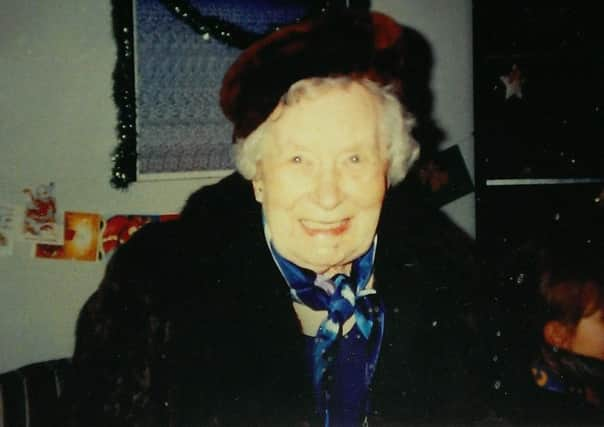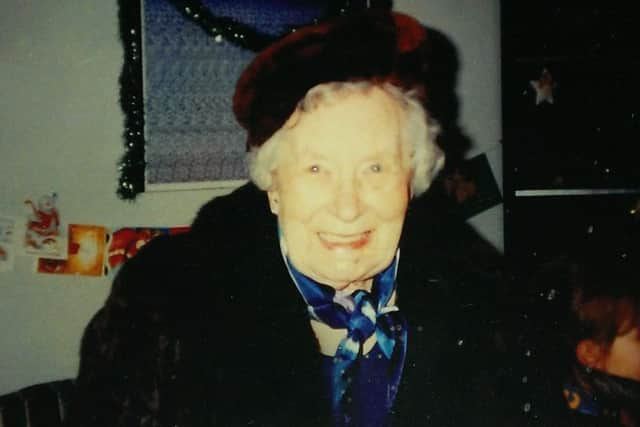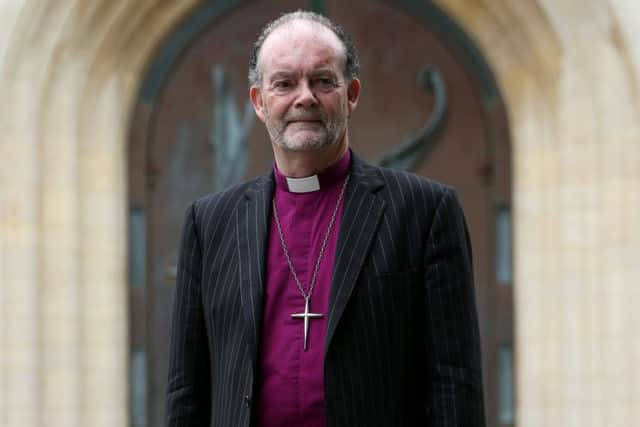Gosport hospital deaths: Police had evidence health and safety or manslaughter offences '˜might have been committed'


The Gosport Independent Panel, whose findings were published today at Portsmouth Cathedral in Old Portsmouth, has criticised authorities involved in investigating the deaths, including Hampshire police.
Three police investigations were held into the deaths at Gosport War Memorial Hospital between 1998 and 2010.


Advertisement
Hide AdAdvertisement
Hide AdIn its report today, the panel said: ‘Throughout the three police investigations, a variety of evidence was obtained which, in the panel’s view, indicated that offences under the Health and Safety at Work Act 1974, and/or corporate manslaughter, might have been committed.
‘Among other matters, Professor Livesley had raised the possibility that any wrongdoing might be wider than one patient and one doctor.’
Concerns raised by Gillian Mackenzie and Lesley Lack, the daughters of patient Gladys Richards who died at the hospital after being transferred from Haslar, prompted the first investigation.
But the panel found possible witnesses were not identified, no statements were taken and no contact was made with the hospital by police to secure clinical notes or early accounts from nursing staff.


Advertisement
Hide AdAdvertisement
Hide AdThe panel, led by Bishop James Jones, found ‘no investigative steps (were) taken to secure best evidence’.
In 2002 a detective superintendent recorded his decision that a ‘wider investigation’ into the deaths and ‘further investigation would not be appropriate’.
This is despite concerns being raised by three separate medical professionals asked to look at the deaths at the hospital.
Today’s report added: ‘The panel has not seen any documents to confirm on what basis the police determined that no offences had been committed in respect of the 1991 events.’
Advertisement
Hide AdAdvertisement
Hide AdThe investigation into the 1991 events was ‘incomplete’ with police not establishing details of nurses’ complaints, the report said.
Cases for corporate prosecutions or health and safety prosecutions were not ‘fully properly or considered’.
Today Hampshire police’s Chief Constable Olivia Pinkney said: ‘Today is about the relatives of those who died at Gosport War Memorial Hospital and their opportunity to obtain a better understanding of what happened to their loved ones.
‘The report that has been published by the Gosport Independent Panel examines the concerns raised by families over a number of years about the initial care of relatives at Gosport War Memorial Hospital and the subsequent investigations by a number of agencies into their deaths.
Advertisement
Hide AdAdvertisement
Hide Ad‘Hampshire Constabulary carried out three police investigations between 1998 and 2006. This involved detailed professional assessment by a number of independent medical experts and the evidence was presented to the Crown Prosecution Service and Treasury Counsel, which concluded that the evidential test for prosecution as set out in the Code for Crown Prosecutors was not met.
‘We have co-operated fully with the panel’s enquiries and shared with them more than 25,000 documents containing 100,000 pages of information.
‘Now that the report has been published and shared with us, we will take the time to read its findings carefully. We will assess any new information contained within the report in conjunction with our partners in health and the Crown Prosecution Service in order to decide the next steps.’
A CPS spokesperson said: ‘We will consider the content of the report and will take any appropriate steps as required.’